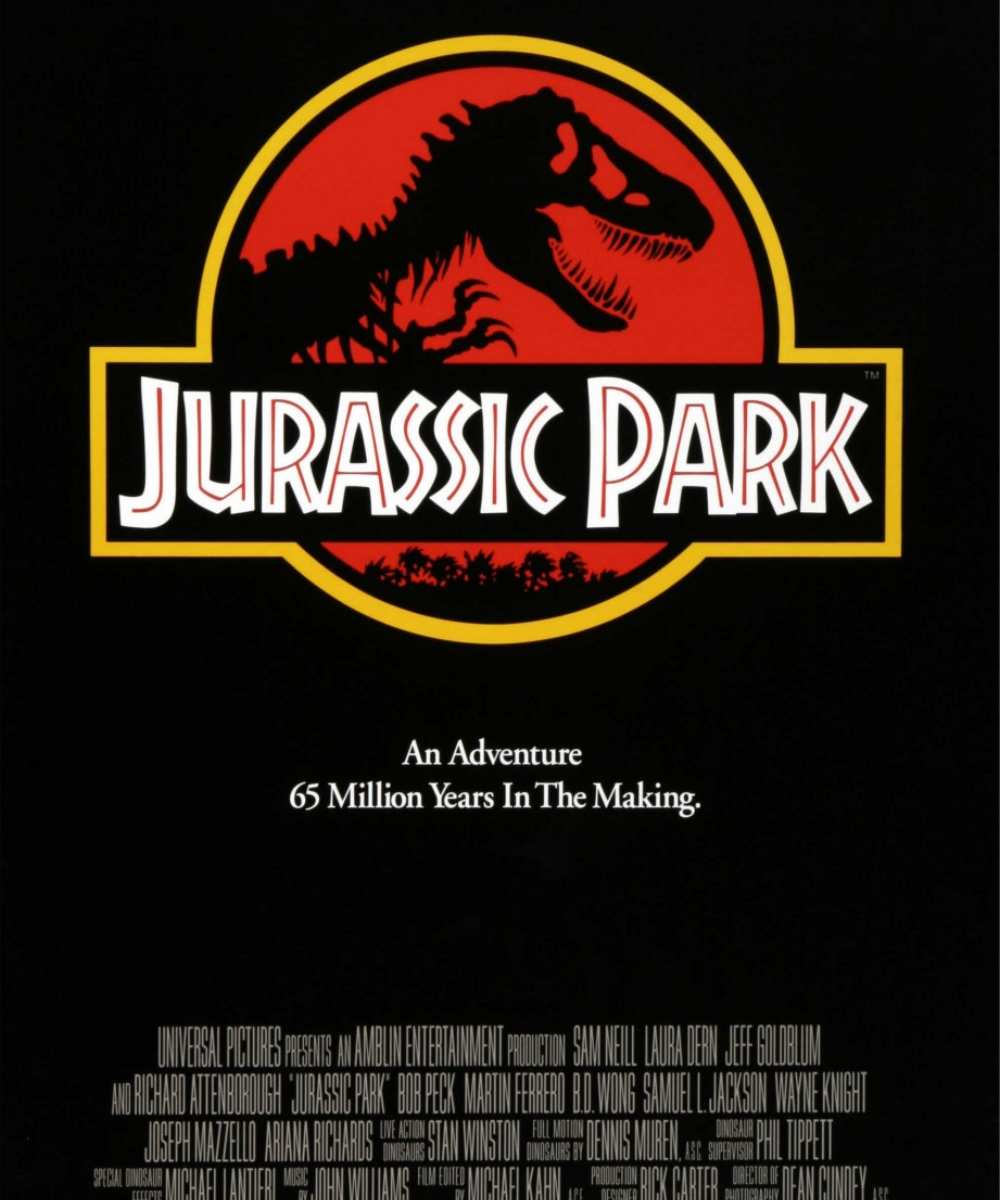
REVIEW BY BENJAMIN GREGORY
- JOKER: FOLIE a DEUX
- Starring: Joaquin Phoenix and Lady Gaga
- Directed by: Todd Phillips
- Rated: R
- Running time: 2 hrs 18 mins
- Warner Bros
“Joker: Folie à Deux” arrives as the eagerly anticipated follow-up to the groundbreaking “Joker” released in 2019, which captivated audiences and critics alike with its daring portrayal of the iconic villain’s origin story. Directed once again by Todd Phillips, the sequel sought to delve deeper into the psychological chaos and complex dynamics that surround the infamous character of Arthur Fleck. Given the original film’s success (second highest grossing R rated film) and Joaquin Phoenix’s Oscar-winning performance, expectations were sky-high for this installment. However, “Joker: Folie à Deux” struggles to capture the same raw intensity and emotional depth, leaving audiences with an experience that feels disconnected and underwhelming.
In “Joker: Folie à Deux,” we return to the fractured psyche of Arthur Fleck, who now finds himself navigating the complex aftermath of his descent into madness and infamy in Gotham City. The film attempts to explore Arthur’s ongoing struggle with identity and reality as he confronts both internal and external adversities. Central to the plot is the introduction of a new character who serves as both a confidant and a catalyst for chaos, potentially altering the course of Arthur’s tumultuous journey. Despite its intriguing premise, the narrative often meanders, lacking the cohesion and sharp focus that defined its predecessor. This disjointed storytelling is unable to fully capitalize on its ambitious themes, leaving viewers with a sense of unfulfilled potential and ambiguity.
Joaquin Phoenix returns to his role as Arthur Fleck with a committed performance that captures the character’s descent into further depths of madness. Despite the film’s shortcomings, Phoenix remains a compelling presence on screen, embodying the Joker’s erratic nature and emotional volatility with remarkable intensity. Though his performance is consistent with his previous portrayal, the lack of new character development limits his ability to elevate the sequel beyond its narrative constraints.
Accompanying Phoenix is Stefani Joanne Angelina Germanotta (Lady Gaga), who introduces a new character that adds complexity to Arthur’s world. While Lady GaGa delivers a solid performance, the character’s potential feels undermined by underdeveloped writing, preventing them from leaving a significant mark. The supporting cast, including familiar and new faces, deliver competent performances, but the script does not provide them sufficient depth to stand out or contribute meaningfully to the film’s impact. Overall, the ensemble does its best with the material provided, but even their collective talent struggles to overcome the film’s narrative hurdles.
Todd Phillips returns to the directorial helm, aiming to expand upon the gritty psychological landscape established in the first film. While his direction still captures the dark, unsettling tone of Gotham City, the sequel lacks the tight, focused narrative that made the original so compelling. Phillips’ attempt to weave multiple storylines and character arcs leads to a fragmented experience that struggles to maintain a clear trajectory or cohesive theme.
The writing, once a standout feature of “Joker,” falters in “Folie à Deux.” The screenplay attempts to explore deep psychological and societal themes, but often does so in a manner that feels forced and disconnected. Dialogue that should reveal character depth and move the plot forward instead comes across as repetitive and occasionally contrived. This dilutes the emotional impact and suspense that were so successfully achieved in the original.
“Joker: Folie à Deux” ultimately suffers from an identity crisis, caught between the expectation to expand on its precursor’s success and the desire to forge a new path. The film’s pacing is notably uneven, with scenes that either drag on unnecessarily or progress abruptly without the needed emotional buildup. This inconsistency detracts from the tension and engagement that are crucial for a psychological drama of this nature.
Character development is another area where the film falls short. While there are glimpses of interesting dynamics, especially between Arthur and the new characters, these relationships remain largely superficial, leaving audiences craving deeper exploration. The film also struggles with balancing its ambition and execution; while it attempts to address complex themes, it often resorts to surface-level engagement without deeply probing the implications.
“Joker: Folie à Deux” attempts to replicate the success of its predecessor but loses focus in its execution. While anchored by Joaquin Phoenix’s steadfast performance, the film lacks the cohesive narrative and emotional depth needed to leave a lasting impact. Fans of the original may appreciate the return to Gotham’s dark and chaotic world, but many may find that the film’s ambitions outstrip its execution. Ultimately, it offers a glimpse of potential brilliance but remains overshadowed by the standard set by its acclaimed forerunner.
Overall, the direction and writing in “Joker: Folie à Deux” strive to recapture the boldness of its predecessor but falter in delivering a narrative that resonates with the same potency, giving the overall impression of “Too many cooks”.
On a scale of zero to five, “Joker: Folie a Deux” receives ½-Star.
You can follow Ben’s NERDANOMICON Facebook Page HERE


